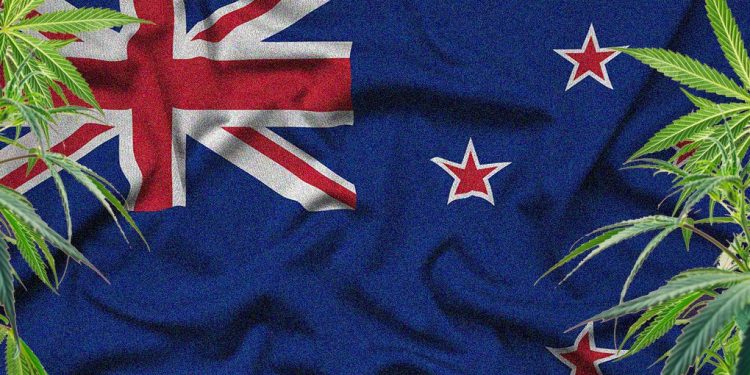Two new reports reveal the New Zealand government would make more than $1 billion in tax every year if the recreational use of cannabis was legalised.
In just over a month, New Zealand citizens will be voting in a non-binding referendum on cannabis. Voters will be asked whether they support the Cannabis Legislation and Control Bill, which legalises the use of recreational cannabis by adults on private property.
In preparation, the Ministry of Justice commissioned two reports by Business and Economic Research Limited (BERL). The reports detail the true economic impact of the cannabis bill.
If legalised, recreational cannabis would generate $1.1 billion in taxes every year. It would also employ 5,000 New Zealanders and boost the GDP by $440 million annually.
The report also shows there would be a market for 419 cannabis stores. They predict that there would be:
- 11 in Whangarei
- 125 in Auckland
- 14 in Hamilton
- 7 in Gisborne
- 25 in Christchurch
- 9 in Dunedin
- 2 in Queenstown
- 117 in regional New Zealand
These stores would be capable of producing $500,000 in profit each. To support these stores, New Zealand would need to produce over 120 tonnes of cannabis each year. This cannabis would initially be imported, but BERL believes local suppliers would establish infrastructure quickly.
BERL predicts that three large growers will produce 50 tonnes of cannabis, with a further 60 tonnes produced by 20 smaller growers. Micro-cultivators (who produce less than 100kg each) will grow the remaining 10 tonnes.
The reports also found that the nation currently consumed 74 tonnes of cannabis annually. If the recreational use of cannabis was legalised, this would increase to 103 tonnes in the short term. Roughly 140,000 people would try cannabis.
Demand for illegal cannabis would drop 72%, to 20 tonnes a year. New Zealand’s justice system would also save $13.9 million annually.
NZ Drug Foundation executive director Ross Bell praised the reports as proof the cannabis bill would reduce the economic harm of cannabis, saying:
Under this model, we can move people into legal, taxpaying jobs, and bring much-needed income to provincial New Zealand.
The Ministry of Justice originally intended to release these reports after the referendum but caved to public pressure.
Editors note: all figures are in NZ$.








